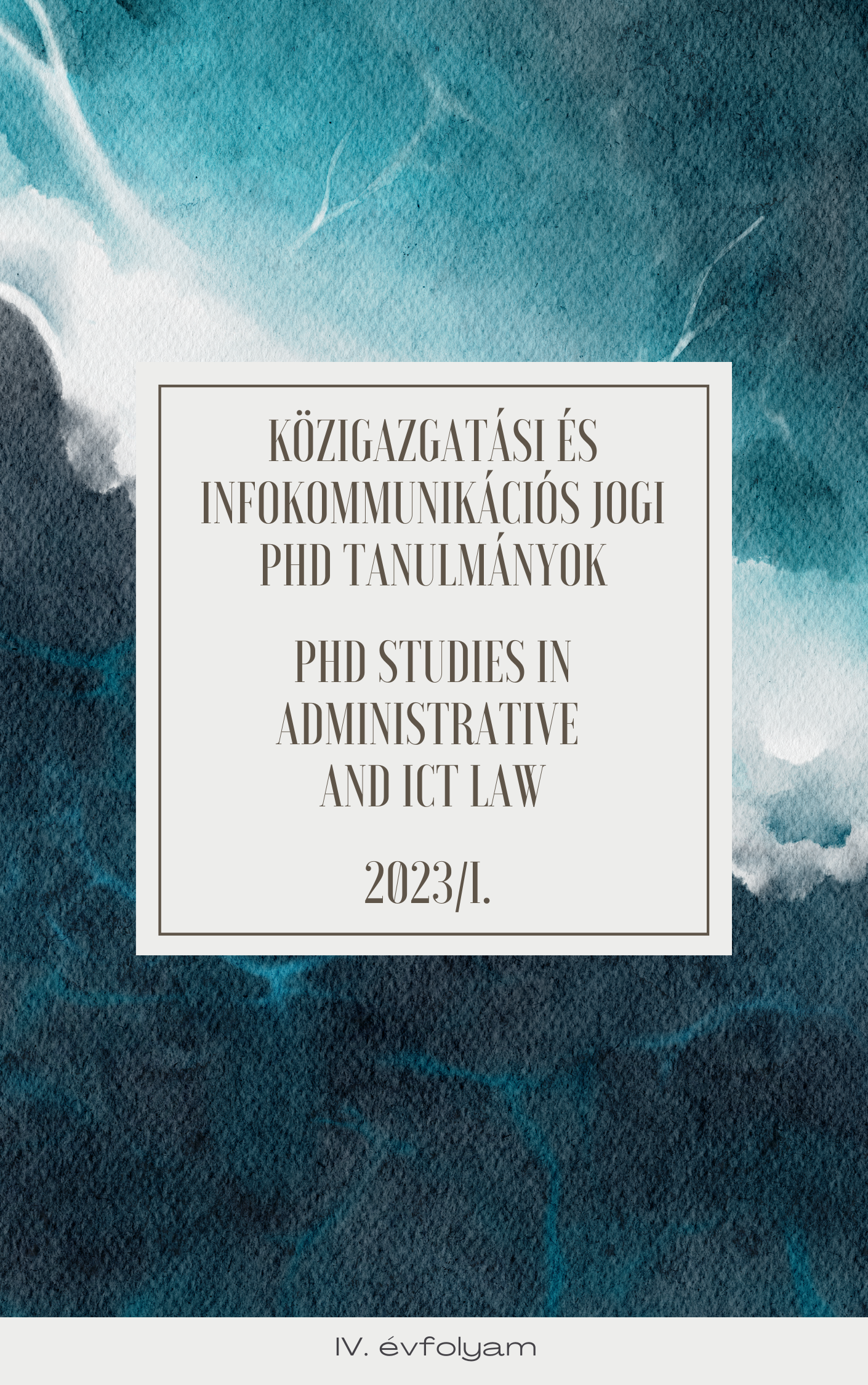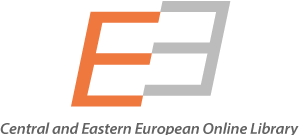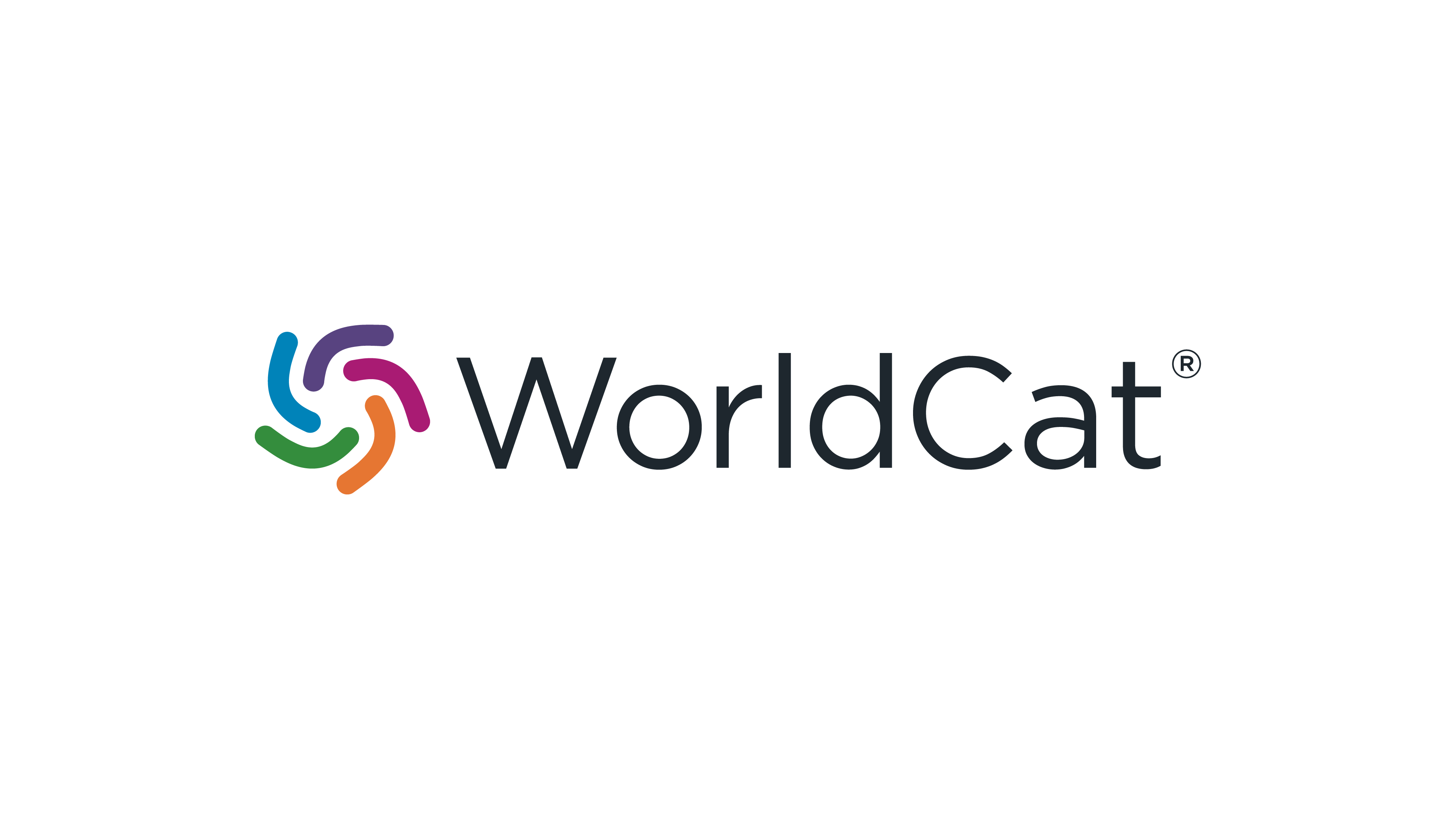The Impact of Videogame Publishers on E-Athlete’s Rights and Obligations
DOI:
https://doi.org/10.47272/KIKPhD.2023.1.2Keywords:
E-sport, Law, E-athlete, Career, Copyright law, Virtual realityAbstract
E-sports offer a career opportunity, a life goal, for many people. In this industry, the pressing question of whether it qualifies as a sport or not often arises, but one aspect rarely examined within professional boundaries is the legal standpoint. One major difference between e-sports and traditional sports is that traditional sports (e.g., football, hockey, basketball, karate) represent freely conducted activities, whereas e-sports are enabled by software, video games, which have copyright holders. Therefore, video games can only be used within the boundaries defined by copyright law, not just for consumers in the traditional sense, but also for e-athletes. This article examines the impact of copyright holders on the rights and obligations of recreational players who are considering or have set out to become e-athletes. The main problem is that the life paths of an e-athlete and a regular videogame player have a common starting point: recreational gaming, usually at home. The following article will focus on the EULA of the most popular esport game nowadays, the League of Legends.
Downloads
References
Bányai, F. – Zsila Á. – Griffiths, M. D. – Demetrovics, Zs. – Király O.: Career as a Professional Gamer: Gaming Motives as Predictors of Career Plans to Become a Professional Esport Player, Frontiers in Psychology, 2020. https://doi.org/10.3389/fpsyg.2020.01866
Elkin-Koren, N.: Governing Access to Users-Generated-Content: The Changing Nature of Private Ordering in Digital Networks. Brousseau E. – Marzouki M. –Meadel C. (eds.), Governance, Regulations and Powers of Internet, Cambridge University Press, 2009
Fairfield, J.: Virtual Property, Boston University Law Review, Indiana Legal Studies Research Paper, Boston 2005. pp. 1075
Fejes, P., Sárközy T. – Szekeres, D. – Tóth, N.: The legal regulation of Hungarian sport; HVG -ORAC Lap- és Könyvkiadó Kft., Budapest 2019.
King, C.: Forcing Players to Walk the Plank: Why End User Licences Agreements Improperly Control Players, Rights regarding Microtransactions in Video Games, William & Mary Law Review 58, no. 4, 2017. pp. 1365-1402
Scholz, T. M. & Nothelfer, N.: Research for CULT Committee – Esports, European Parliament, Policy Department for Structural and Cohesion Policies, Brussels, 2022, pp. 23. https://doi.org/10.5771/9783748934844-23
Downloads
Published
How to Cite
Issue
Section
License
Copyright (c) 2023 Közigazgatási és Infokommunikációs Jogi PhD Tanulmányok (PhD Studies in Administrative and ICT Law)

This work is licensed under a Creative Commons Attribution-NonCommercial-ShareAlike 4.0 International License.
The rights to use this article for any third party after first publication are subject to the Creative Commons Attribution-NonCommercial-ShareAlike 4.0 (CC-BY-NC-SA 4.0) license terms.
Accepted 2023-10-02
Published 2023-10-31














